BEIJING, Beijing, December 1 (Reporter Li Jinlei) Starting today, nine provinces, autonomous regions and municipalities including Beijing and Tianjin will levy water resource taxes. Why levy a water resource tax? Will the water fee of residents rise? Will farmers’ water burden increase? Which industries will be affected by water use? Let’s look at the authoritative interpretation of Zhongxin. com for you.
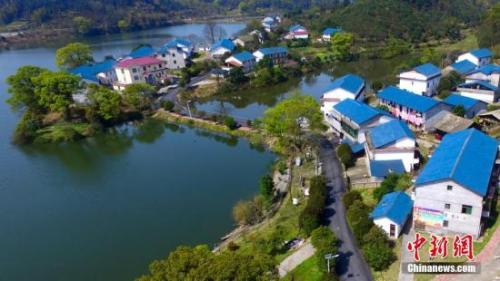
Why levy a water resource tax?
— — Restrain unreasonable water use behavior
The water resource tax has been piloted in Hebei Province since July 1, 2016, and now it is expanding for the first time. Since December 1, 2017, the pilot reform of water resource tax has been expanded in 9 provinces (autonomous regions and municipalities) including Beijing, Tianjin, Shanxi, Inner Mongolia, Shandong, Henan, Sichuan, Shaanxi and Ningxia.
Some people may ask, why should we levy a water resource tax when we already have a water resource fee? In fact, this is to replace the water resource fee with the water resource tax to realize the translation of taxes and fees.
Cai Zili, director of the Property and Behavior Tax Department of State Taxation Administration of The People’s Republic of China, told Zhongxin.com that the main purpose of collecting water resources tax is not to organize how much fiscal revenue. Last year, the income from water resources fees in nine provinces was 13.3 billion yuan, which is of little significance to increase income, but it is of great ecological and green significance. Generally speaking, the water resource tax is to restrain unreasonable water use behavior without affecting the basic, normal and reasonable water demand of society by implementing differentiated tax policies and related tax reduction and exemption policies.
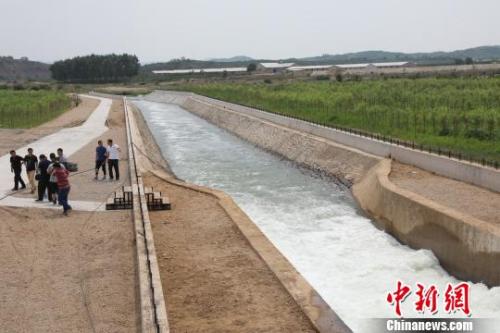
Why choose these 9 provinces?
— — Typical representation
Some people may ask, why should we choose the above nine provinces to expand the reform pilot?
The relevant person in charge of the Department of Taxation and Administration of the Ministry of Finance said in a reporter’s question that four provinces, including Beijing, Tianjin, Shanxi and Inner Mongolia, are located in North China, with serious groundwater overexploitation and great contradiction between supply and demand of water resources; Five provinces, including Henan, Shandong, Sichuan, Shaanxi and Ningxia, are located in the east, middle and west, with different levels of water resources and various types of water intake, which are typical.
"By expanding the pilot, it will help to further play the role of tax leverage, effectively curb unreasonable water demand, and promote water conservation and protection; It is conducive to enriching and improving the design of the water resource tax system, accumulating experience and creating conditions for comprehensively pushing the water resource tax system. " The above-mentioned person in charge said.
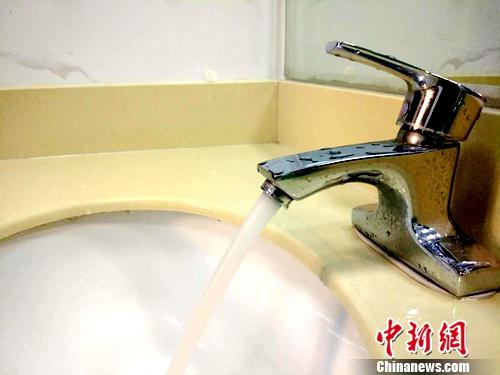
Will the residents’ water charges increase?
— — Residents’ normal living water burden remains unchanged.
Many people are worried that after the water resource tax reform, will the water fee of residents increase? Will the water fee burden increase in the future?
You can rest assured of this. Cai Zili said that the water resource tax should be "three unchanged": after the reform, the burden of urban public water supply enterprises, the water burden of residents’ normal life and the water burden of industry and agriculture’s normal production will remain unchanged.
According to reports, the tax standard of water resource tax is leveled according to the current water resource fee collection standard, and it is clear that the minimum average tax in the pilot provinces is 0.1 yuan-1.6 yuan per cubic meter of surface water and 0.2 yuan-4 yuan per cubic meter of groundwater, which generally does not increase the normal production and living water burden of enterprises and residents.
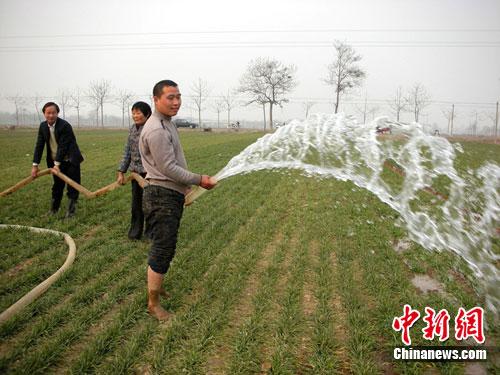
Will farmers’ water burden increase?
— — Do not increase the burden on farmers
For farmers, it takes a lot of water to irrigate the land. Then, after the water resource tax is levied, will farmers spend more money on water?
According to the "Implementation Measures for Expanding the Pilot Reform of Water Resources Tax" issued by the Ministry of Finance, the State Administration of Taxation and the Ministry of Water Resources, the water used for agricultural production within the prescribed limits is exempted from water resources tax; For water intake for agricultural production exceeding the prescribed limit, and for centralized drinking water projects mainly for rural population, the tax amount shall be determined from a low level.
"Reasonable water consumption for agricultural production shall be exempted from tax, and the part exceeding the limit shall be taxed at a low level without increasing the burden on farmers." According to the relevant person in charge of the Water Resources Department of the Ministry of Water Resources, China’s agricultural production water use is extensive, and flooding is common, which is not conducive to the sustainable use of water resources. The above provisions comprehensively consider the requirements of reducing farmers’ burden and promoting the economical use of water resources, which is conducive to promoting the transformation of agricultural irrigation methods and cultivating farmers’ awareness of water conservation.
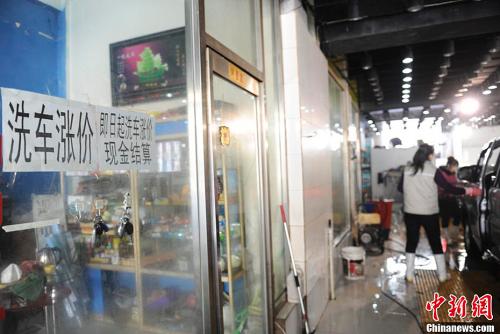
Which industries will be affected by water use?
— — Golf, car washing, bathing and other special industries.
Of course, not all industries’ water use is unaffected. Cai Zili said that the water resource tax reform has achieved "three improvements" while "three unchanged", which has increased the tax burden of groundwater utilization in over-exploited areas, the tax burden of water consumption in special industries with high water consumption, and the tax burden of over-planned water utilization.
According to the "Implementation Measures for Expanding the Pilot Reform of Water Resources Tax", the specific applicable tax amount for taking groundwater in over-exploited areas and severely over-exploited areas shall be 2-mdash of the tax amount in non-over-exploited areas by the provincial people’s governments of the pilot provinces; 5 times sure; For special industries to take water, the tax amount shall be determined from a high level. Water intake for special industries refers to water intake for car washing, bathing, golf courses and ski resorts; For over-planned (quota) water intake, the tax amount shall be determined from the high level. Taxpayers who exceed the planned (quota) water intake stipulated by the water administrative department shall levy 1-mdash on the basis of the original tax amount; Three times.
It can be seen that the burden of high-water-consuming enterprises that use groundwater in over-exploitation areas will increase by doubling the tax on groundwater and over-planned water. At the same time, the tax burden will also increase if special industries such as golf, car washing and bathing are taxed at a high level.
However, this will also force these enterprises to save water. The relevant person in charge of the Department of Taxation and Administration of the Ministry of Finance believes that considering that the restraint mechanism for enterprises will be further strengthened after taxation, enterprises will be prompted to increase investment in water conservation, take the initiative to take measures to reduce water consumption, adjust water use structure and change water use methods, and the tax payment of some enterprises will be reduced.
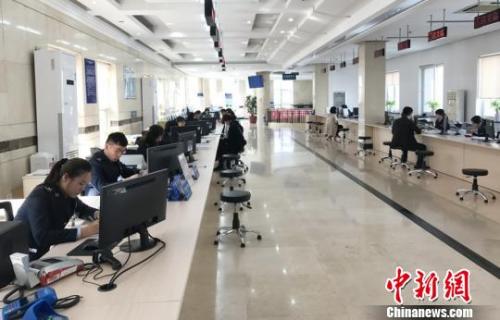
How often is the water resource tax levied?
— — It is proposed to uniformly collect quarterly.
According to the "Implementation Measures for Expanding the Pilot Reform of Water Resources Tax", in addition to water for agricultural production, water resources tax is levied quarterly or monthly, which is determined by the competent tax authorities according to the actual situation.
Cai Zili said that the tax department, as the collection and management department of water resources tax, is both the main body of collection and the main body of service. In order to reduce the burden of taxpayers’ declaration, nine pilot provinces will be instructed to uniformly collect water resources tax on a quarterly basis. Changing to quarterly collection can not only reduce the tax workload of taxpayers, grass-roots tax authorities and water conservancy departments by two-thirds.
In addition, Cai Zili also revealed that online declaration will be generally realized. Guide nine pilot provinces to develop online declaration systems, so that taxpayers can realize online taxation without leaving home, so that data can run more on the internet and taxpayers can run less on the road. (End)